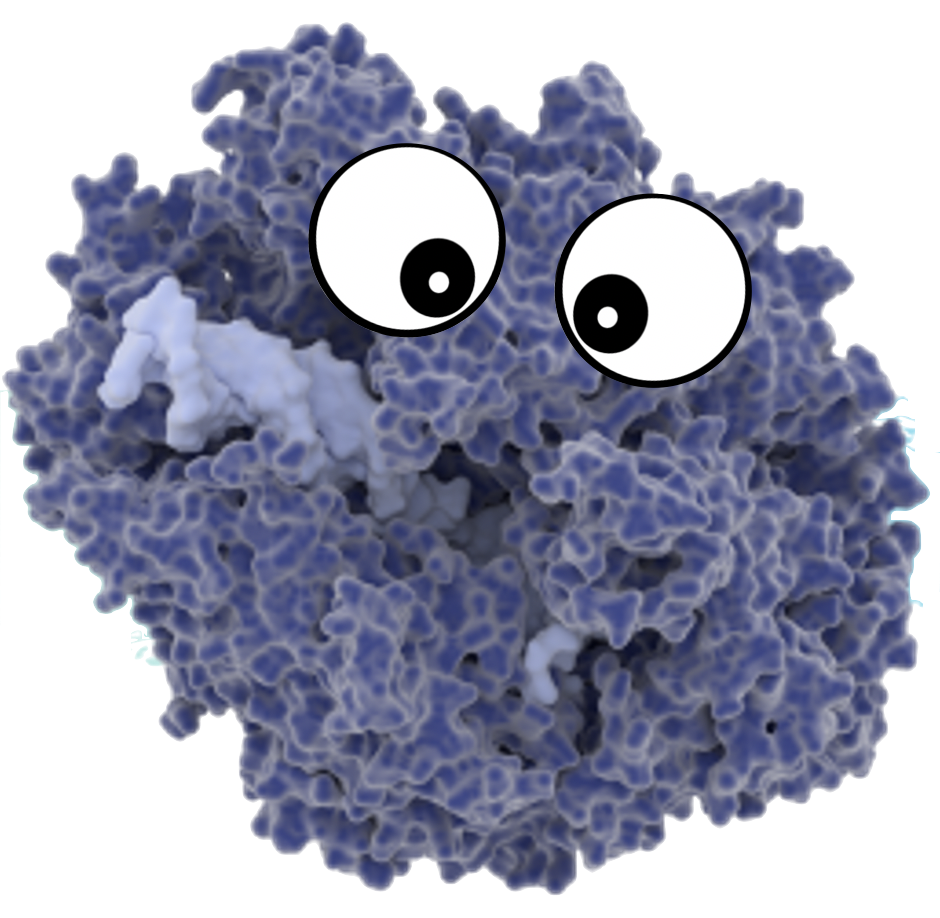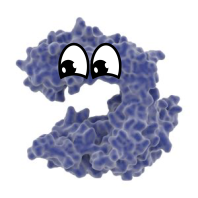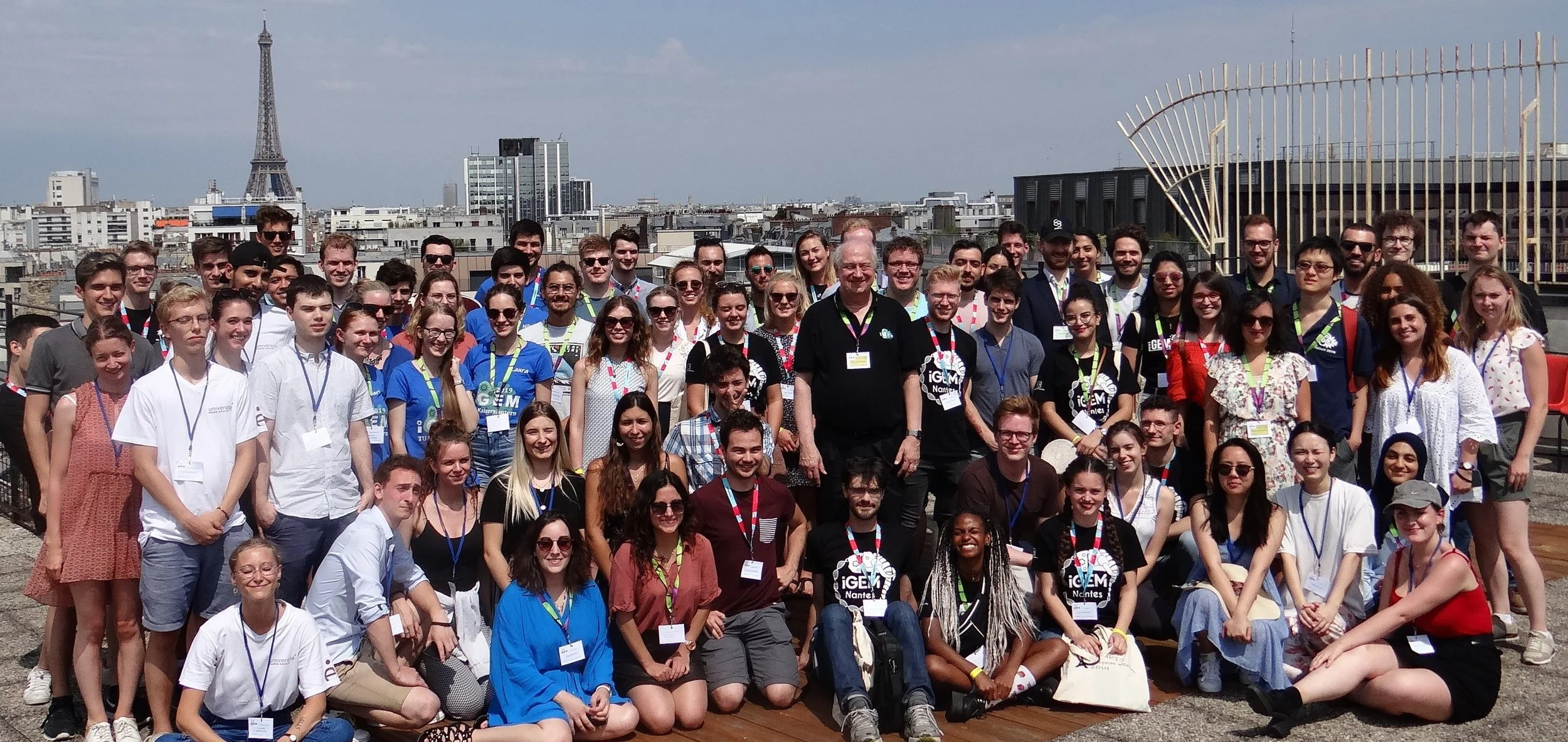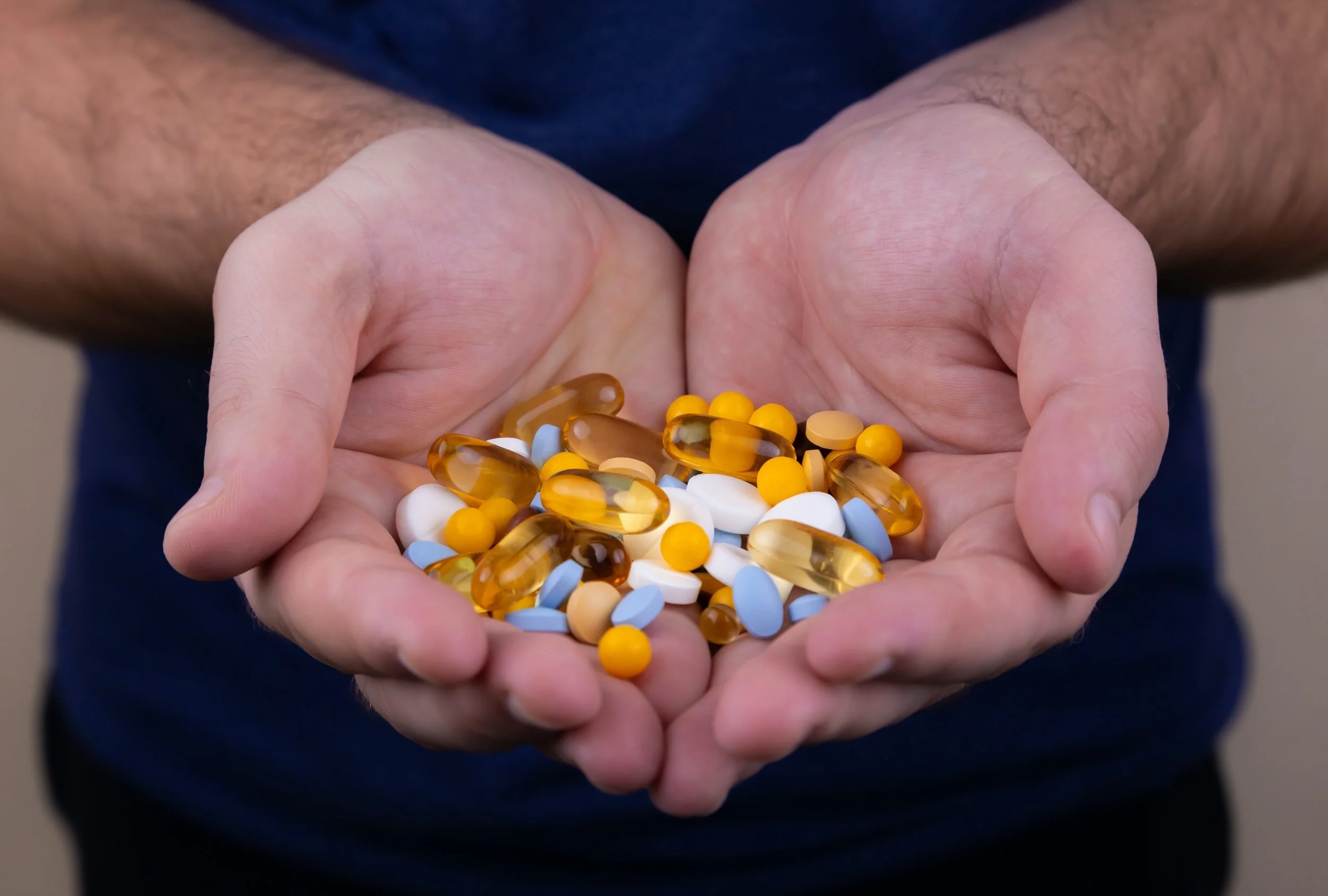Accessibility to synthetic biology
Accessibility is key to iGEM’s new purpose of making sure that the field of synthetic biology, and all of the power that this technology holds, gets developed everywhere by everyone. In this episode of iGEM TV, I interview two special guests – Annika Shi from China and Cibele Zolnier from Brazil – both of whom are part of the iGEM Community’s Open Science & Accessibility Network.
Check out this interview where we discuss some of the outstanding iGEM projects from the 2021 Jamboree that focused on accessibility:
BlacOps
WLC-Milwaukee (United States) created a fun and easily understandable hands-on laboratory kit for teaching gene regulation, the foundation of synthetic biology.
Bronze Medalist, Undergrad Division.
Cibele’s commentary: “It’s hard to explain scientific terms, even for professionals. Their video said everything. We need more educational resources to teach and explain scientific terms to students and to the general public. It’s amazing to see teams creating those educational resources.”
Annika’s commentary: “I’ve had the experience of teaching in rural areas where the students learn from books without any practical experience. Having something that is easy to conduct in a biology class would be really great for schools in rural areas in China.”
Explore this project: Introductory video | Presentation | Website
Free Coli
Sydney_Australia (Australia) designed a series of parts and experiments to engineer a naturally transformable lab strain of Escherichia coli – “Free Coli” – an affordable, efficient, and safe host organism that can take up and integrate foreign DNA without the need for chemical treatment or electroporation to become competent.
Gold Medalist, Undergrad Division.
Annika’s commentary: “Their video made a big impression on me; the song is really good. I realize the price (of making cells competent) is expensive and so lowering the price by creating a new host is a good project.”
Cibele’s commentary: “Congratulations to the team members singing on the video; super catchy song and amazing voices! I think their idea is really interesting and also tricky to do. Every time you engineer a new chassis it takes a lot of effort, and I’m really excited to see this project.”
Explore this project: Introductory video | Presentation | Website
OptoReader
UPenn (United States) created an open source device – OptoReader – that enables high throughput reading, writing, and feedback for optogenetics, allowing scientists to use optogenetics in their own pioneering research.
Gold Medalist, Winner Best Hardware, Winner Best Presentation, Nominee Best Wiki, Top 10, Undergrad Division.
Cibele’s commentary: “Their work is really impressive – creating open source laboratory equipment that is useful and affordable. I really wanted to have the hardware expo this year so I could see what they created. I’m very excited about their amazing and bold project.”
Annika’s commentary: “Many schools in China have a poor lab or rather old equipment. We really need tools like the ones created by UPenn to help us perform our experiments better. It’s very useful.”
Explore this project: Introductory video | Presentation | Website
Open Science Global
Open_Science_Global (International) established a pipeline for enzyme production in frugal bio-foundries that’s based on open-sourced software, hardware, material transfer agreement, and wetware constructs of B. subtilis for reducing protein extraction costs and contributing towards democratizing biotechnology.
Gold Medalist, Overgrad Division.
https://video.igem.org/w/fhp33BK8yhwa7mzjX9Y4qA
Cibele’s commentary: “When I found this team, I was super excited to see this global effort to make science more accessible and more open. It’s amazing that this team is not just tackling the wetlab, but they are going after hardware and also software. It’s inspiring for other teams, and I hope to see more in the future from them.”
Guilherme’s commentary: “This project has the potential to change the way synthetic biology is done everywhere in the world. I want to look back ten years from now to see the goal achieved and think … this is where it started!”
Explore this project: Introductory video | Presentation | Website
It was a pleasure to talk with Cibele and Annika about these four very different, diverse projects focusing on making synthetic biology more accessible and open. We discussed these projects before the 2021 Jamboree took place, and it is exciting to see how these projects came together and to celebrate the accomplishments of the teams. Be sure to check out iGEM TV to discover more stories and adventures of iGEMers as we push the boundaries of synthetic biology to solve the pressing challenges of our time and innovate for the future.
Photo by Xavi Cabrera on Unsplash












